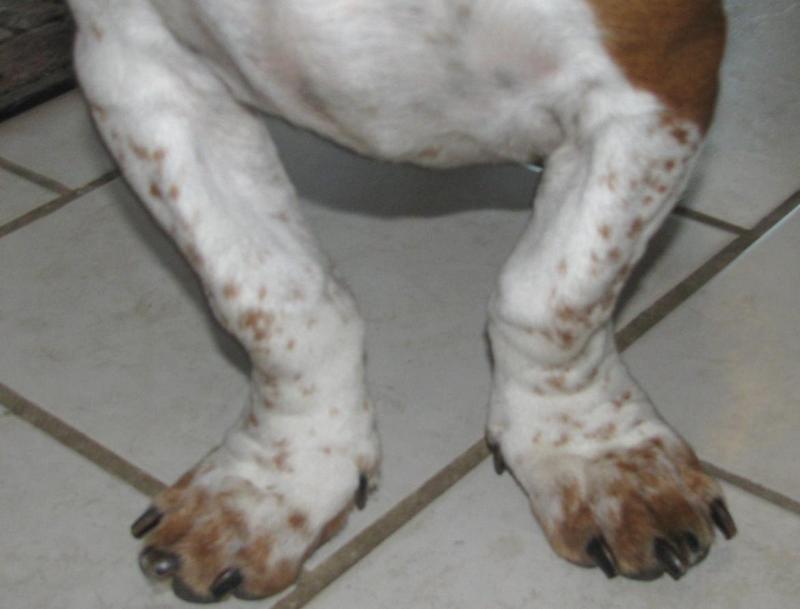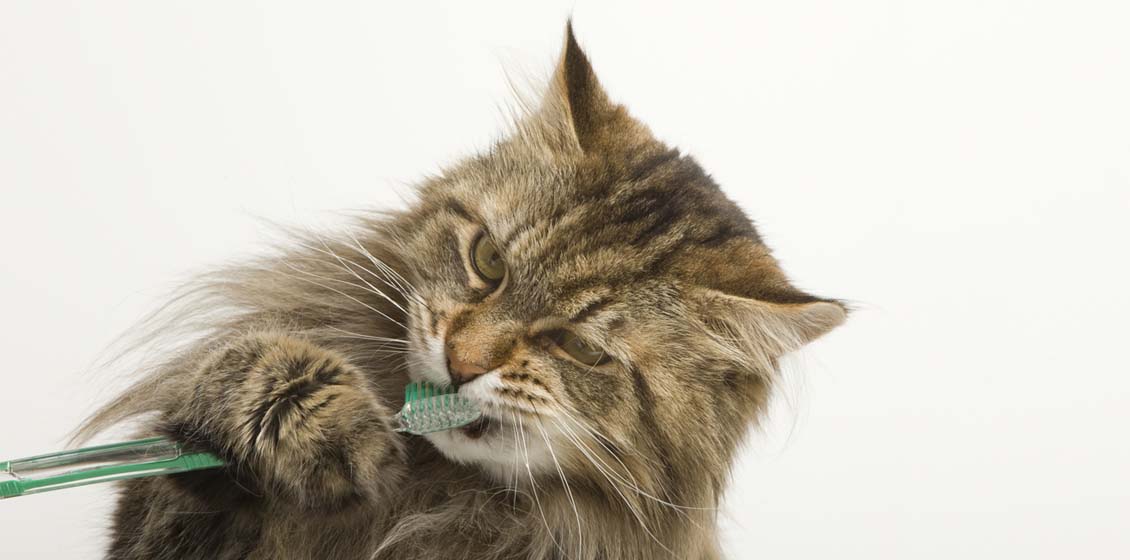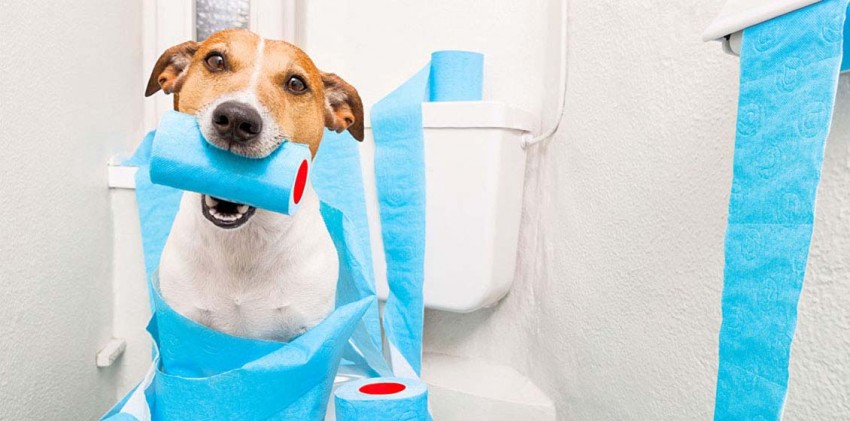Castration of cats and sterilization of cats
 Castration and sterilization – surgical removal of the reproductive organs of cats and cats. Castration and sterilization help control the population of cats, and also have a positive effect on the health of cats and cats.
Castration and sterilization – surgical removal of the reproductive organs of cats and cats. Castration and sterilization help control the population of cats, and also have a positive effect on the health of cats and cats.
The team of the veterinary center “Constellation” has many years of experience in carrying out this routine operation, choosing the safest, fastest and painless options for surgery for cats and cats.
At what age is it better to castrate / spay cats?
The greatest health benefits are sterilization at an early age. Sterilize cats and castrate cats from 4 months of age. The sooner you sterilize a cat / castrate a cat, the less likely it is to encounter an unwanted pregnancy or that the cat starts marking the territory.
Ovariogisterectomy (sterilization) of cats
Sterilization of cats provides undeniable health benefits, helping to prevent the development of reproductive system infections and breast tumors, which are often malignant.
Also, sterilization prevents unwanted behavior changes associated with hormonal background during estrus. Cats in cats start at about 6 months and last from 7 to 10 days, repeating every 2-3 weeks before the cat becomes pregnant or there is a change of season.
Periods of estrus cause undesirable behavioral changes, such as anxiety, anxiety, constant meowing and trying to escape from home.
Castration of cats
Sterilization of cats prevents testicular cancer and reduces the risk of prostate problems. Intact (uncastrated) cats have only one goal – to find a cat and protect their territory. For owners of cats, such behavior is often unbearable: cats try to run away from home, where they are at risk of being hit by a car or in a fight with other cats. Unvented cats can be aggressively attuned to other cats or people, if they smell neighboring cats or cats.
If such cats are released on the street, the duration of their life is usually shorter, as the risk of fights with other cats, infection of diseases increases. Castration of a cat helps to return the cat’s attention to your family and home.
Sterilization of cats and castration of cats that mark the territory
Cats and cats can mark territory with urine by spraying vertical surfaces, such as walls or closets. Unsterilized cats and cats feel the need to mark their territory in order to warn other cats that this territory belongs to them.
Domestic cats can sense or hear neighbors or street cats and start marking territory. This behavior is directly related to sex hormones and is much less common in sterilized cats and neutered cats.
Contribute to the control of cat populations
Castration of cats and sterilization of cats prevents unwanted offspring from occurring. Every year, overcrowded shelters euthanize thousands of stray cats, as there is no place to keep them due to limited funding.
Even if the owner finds a new home for each newborn kitten, it automatically reduces the chances of finding a home for a cat from a shelter. By sterilizing cats and castrating cats, you help shelter cats find loving owners.
Castration of cats and sterilization of cats: how to prepare
We recommend sterilizing cats and castrating cats aged 4 months and older. Before surgery, during surgery and after it, the health and comfort of your cat are our main priorities.
Experienced veterinarians of the clinic will constantly monitor the state of the cat during the entire surgical process (including preoperative and postoperative periods), monitoring all indicators of the cat’s health status and level of comfort.
Before surgery, we recommend that you conduct a full physical examination and, optionally, conduct a blood test and an ultrasound of the heart to make sure that your cat has anesthesia safe. During surgery, animals receive intravenous nutrition to maintain health.
Also, during and after the operation, all cats receive painkillers and anti-inflammatory drugs so that your pet does not feel any discomfort and recovered more quickly after surgery.
Castration and sterilization are usually carried out in the morning. In this case, neutered cats are ready for discharge in the afternoon, and sterilized cats – in the evening.



